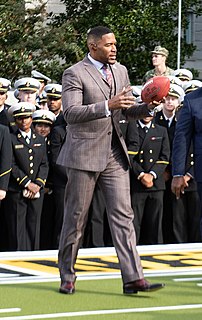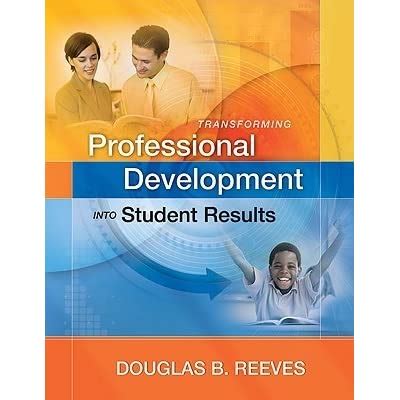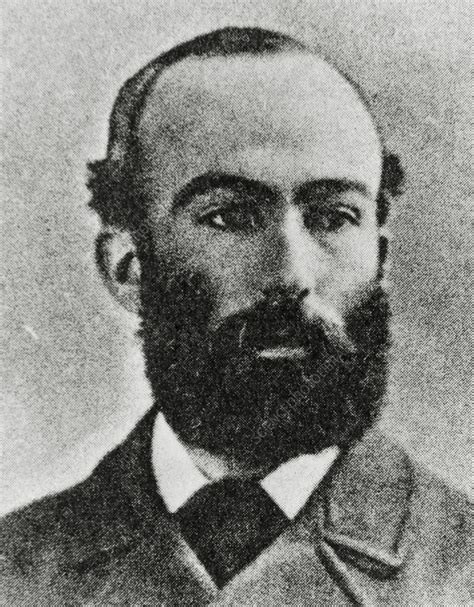A Quote by Marshall B. Rosenberg
In these long-standing conflicts, I find that most cases it gets resolved in about twenty minutes after each side can tell me the needs of the other.
Related Quotes
Conflicts, even of long standing duration, can be resolved if we can just keep the flow of communication going in which people come out of their heads and stop criticizing and analyzing each other, and instead get in touch with their needs, and hear the needs of others, and realize the interdependence that we all have in relation to each other. We can't win at somebody else's expense. We can only fully be satisfied when the other person's needs are fulfilled as well as our own.
Let's put it in perspective at the United States Supreme Court, which hears maybe 60 cases a year, most of the cases are resolved without much dispute. The 10 or 15 that are controversial we all know about, and we hear about. The federal courts hear just a tiny sliver of the cases that go to court in this country. Most of the cases are in the state courts. And most legal issues never go to court. So, the legal system is actually not in jeopardy. At the same time, access to law is in jeopardy.
Josh had told me a long time ago that he had this theory that an entire relationship was based on what occurred over the course of the first five minutes you know each other. That everything that came after those first minutes was just details being filled in. Meaning: you already knew how deep the love was, how instinctually you felt about someone. What happened in their first five minutes? Time stopped.
Right now, we're not a team. I think we're genuinely happy for each other when we're out there on the court. We've got to find new and different ways to support each other on the floor. The comfort zone that we've been in, we've got to change it a little bit. Everybody has onus on this team. It's easy for someone to say, 'I play only 10 minutes a game, so they're not talking about me.' But that 10 minutes is just as important.
All good dramas are rife with conflicts, and the conflicts have to be resolved. What I think is so great about a show that takes place in a hospital is that you have so many different people with different needs. Sometimes all those can be in conflict. The drama of Heartland also comes from the group of people waiting, and they are sometimes agonizingly waiting for a new organ for their body in order to survive. So the show is so much about survival, which creates a sense of urgency to get the organs. I think that sense of urgency is probably the most prominent dramatic quality to the show.
We need each other to do things that we can't do for ourselves. If we are intimately connected with each other, we just give things to each other; if we don't know each other we find another way to handle it. If you think about it, each according to his or her abilities and each according to his or her needs is sort of the same thing as supply and demand.
She tried to be calm, and leave things to take their course; and tried to dwell much on this argument of rational dependence – “Surely, if there be constant attachment on each side, our hearts must understand each other ere long. We are not boy and girl, to be captiously irritable, misled by every moment’s inadvertence, and wantonly playing with our own happiness.” And yet, a few minutes afterwards, she felt as if their being in company with each other, under their present circumstances, could only be exposing them to inadvertencies and misconstructions of the most mischievous kind.
For teachers, getting annual test scores several months after taking the test and in most cases long after the students have departed for the summer sends a message: Here's the data that would have helped you improve your teaching based on the needs of these students if you would have had it in time, but since it's late and there's nothing you can do about it, we'll just release it to the newspapers so they can editorialize again about how bad our schools are.
To reconcile conflicting parties, we must have the ability to understand the suffering of both sides. If we take sides, it is impossible to do the work of reconciliation. And humans want to take sides. That is why the situation gets worse and worse. Are there people who are still available to both sides? They need not do much. They need do only one thing: Go to one side and tell all about the suffering endured by the other side, and go to the other side and tell all about the suffering endured by this side. This is our chance for peace. But how many of us are able to do that?
My car's my best friend. My office. My home. My location. I have a very intimate sense when I am in a car with someone next to me. We're in the most comfortable seats because we're not facing each other, but sitting side by side. We don't look at each other, but instead do so only when we want to. We're allowed to look around without appearing rude. We have a big screen in front of us and side views. Silence doesn't seem heavy or difficult. Nobody serves anybody. And many other aspects. One most important thing is that it transports us from one place to another.
If you have 15 minutes per visit, and you spend the first 9 minutes just collecting information from them, before you do anything else, you know half of your visit is gone already. So if you have an automated system that has most of that and, and in some cases I actually have patients complete questionnaires before they come in, so I'd gotten most of the information I need to ask about, already recorded, instead of having 9 minutes I can take 3 minutes to review all this information.





































